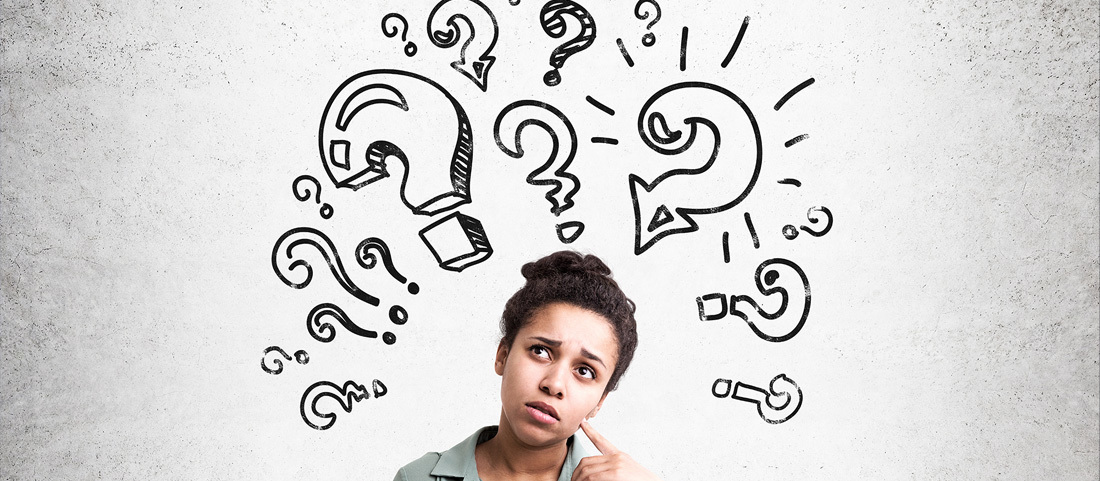
Why it's so Hard to Remain Stress and Anxiousness Free
The ongoing pandemic has been a source of enormous stress and anxiousness for all of us. To be fair, anxiousness and stress were on the rise long before any of us had ever heard of COVID-19. In fact, a recent poll by the American Psychological Association found that the average person believes they experience and unhealthy level of stress. No surprise – but why?
I’m sure you’ve experienced the following scenario. We are often so busy during the day that we don’t have time to acknowledge the anxiousness, however once we experience a lull in activity, the stress and anxiousness hit us.
It can be hard to curb these feelings because they are self-sustaining. Some even find that their thoughts and feelings actually make them avoid things that would help improve the way they feel! For example, you are so tired and exhausted that you don’t feel like exercising, yet the exercise would indeed give you energy.
Could society and biology also be at play? Possibly. Today is much different than life in the 1920’s yet biologically, we haven’t changed much to keep up.
- Loss of Control – For most of us, our days have become more demanding and overwhelming leading to a sense of losing control. Feeling overwhelmed can cause struggles with managing your day to day life and making good decisions.
- Digital Overload – Technology is great, until it isn’t. Our brains were not made to constantly consume data, yet we are inundated with digital data constantly. We feel like we need to always be connected so we don’t miss out on calls, emails, texts, direct messages, news, and social media updates, etc. And we’ve trained our brains to be this way. Does anyone even watch TV anymore without their phone in their hand? Add to that the effects of seeing those glamourous Instagram pictures that aren’t reality, and we feel like we aren’t enough – pretty enough, well-traveled enough, smart enough – etc.
- Less Human Contact – Humans are physical creatures – our minds and bodies crave physical interactions and connections with other people, yes many of these actual human interactions are being replaced by a digital connection, especially during the pandemic.
- Lack of Movement. Constant movement is one of the most effective ways to lower stress and anxiousness, yet we spend more and more time sitting during the day. Technology has made things more efficient, but our bodies need the movement to help with sleep and mood. Less movement and exercise not only affect us physically, but also mentally and emotionally.
- Less Time Outdoors – Spending more time using technology often results in less time spent outdoors and in nature which is important for a balanced life and getting Vitamin D.
- Poor Work/Life Balance or No Hobbies – If it wasn’t bad before, for some it’s even worse now due to the pandemic and having to work from home and take care of the kids. The days of working a strict 9 to 5 are slowly going by the wayside with more and more people intermingling the two. Responding to calls and emails on nights and weekends is slowly becoming the norm. People now skip doing things they actually enjoy like hobbies, to get work done instead.
- Afraid to be Happy – This may sound odd, but some people relate to this by being a perfectionist and seeing down time or having fun as unproductive. Others may be afraid of failure and letting themselves down. Being happy can also be seen as change and this can actually cause more anxiousness. This especially effects the younger generations who are obsessed with getting good grades, looking a certain way, and being afraid of letting people around them down by not being perfect.
It’s completely normal to feel stressed or anxious from time to time. If you find yourself slipping into some of the situations above, you may find that you can easily reduce your stress and anxiousness by making some small lifestyle changes.
The Content is not intended to be a substitute for professional medical advice, diagnosis, or treatment. Always seek the advice of your physician or other qualified health provider with any questions you may have regarding a medical condition.
References
- “Stress in America: Stress and Current Events. Stress in America™ Survey”, 2019, American Psychological Association, accessed 11 June 2020, https://www.apa.org/news/press/releases/stress/2019/stress-america-2019.pdf
- Segal, Jeanne Ph.D., Smith, Melinda M.A., Segal, Robert M.A., Robinson, Lawrence, “Stress Symptoms, Signs, and Causes”, May 2020, Help Guide, accessed 11 June 2020 <https://www.helpguide.org/articles/stress/stress-symptoms-signs-and-causes.htm>
